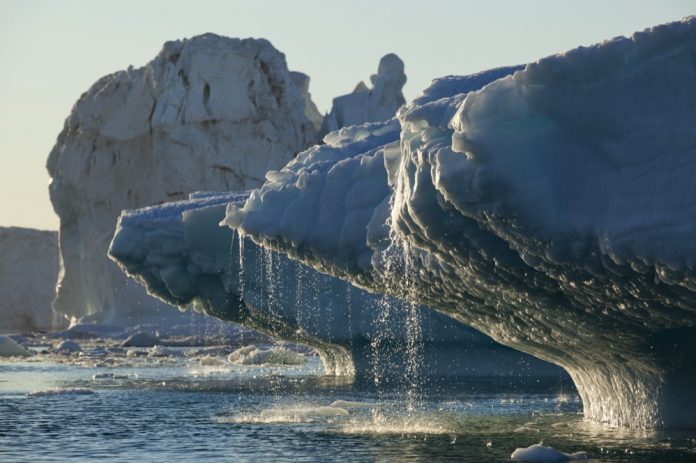ในปี 2567 คลื่นความร้อนทางทะเลที่รุนแรงอย่างไม่เคยเกิดขึ้นมาก่อนได้ถาโถมเข้าสู่ภูมิภาคแปซิฟิกตะวันตกเฉียงใต้ ส่งผลกระทบต่อผิวน้ำทะเลกว่า 10% ของโลก องค์การอุตุนิยมวิทยาโลกแห่งสหประชาชาติ (WMO) รายงานว่า อุณหภูมิเฉลี่ยของภูมิภาคนี้ ครอบคลุมออสเตรเลีย นิวซีแลนด์ อินโดนีเซีย และฟิลิปปินส์ สูงกว่าค่าเฉลี่ยระยะยาวเกือบ 0.5 องศาเซลเซียส
ความร้อนสุดขั้วตลอดทั้งปีทำให้อุณหภูมิผิวน้ำทะเลในหลายพื้นที่พุ่งทำลายสถิติ แนวปะการังเสียหายอย่างหนัก ขณะที่ธารน้ำแข็งเขตร้อนเพียงแห่งเดียวของภูมิภาคบนเกาะนิวกินีหดตัวลงถึง 50% และอาจสูญสลายภายในปี 2569 หากแนวโน้มยังดำเนินต่อไป และสถานการณ์ยิ่งเลวร้ายลงจากพายุไซโคลนจำนวนมากผิดปกติที่พัดถล่ม ฟิลิปปินส์ ในช่วงปลายปี นักวิทยาศาสตร์เชื่อว่านี่คือผลพวงโดยตรงจากวิกฤตภูมิอากาศ ขณะเดียวกันระดับน้ำทะเลที่เพิ่มขึ้นเร็วกว่าค่าเฉลี่ยโลก กำลังคุกคามชีวิตประชากรกว่าครึ่งของภูมิภาคที่อาศัยอยู่ห่างจากชายฝั่งไม่ถึง 500 เมตร
คลื่นความร้อนครั้งนี้ไม่เพียงแต่ทำลายสมดุลของธรรมชาติ แต่ยังสะท้อนถึงสัญญาณอันตรายที่โลกไม่อาจมองข้าม การเร่งหาทางรับมือกับการเปลี่ยนแปลงสภาพภูมิอากาศจึงไม่ใช่ทางเลือกอีกต่อไป หากแต่เป็นความจำเป็นเร่งด่วนของมนุษยชาติ
In 2024, an unprecedented marine heatwave swept across the Southwest Pacific, affecting more than 10% of the world’s ocean surface. The World Meteorological Organization (WMO) reported that average temperatures in the region — which includes Australia, New Zealand, Indonesia, and the Philippines — were nearly 0.5°C above the long-term average.
The extreme heat throughout the year pushed sea surface temperatures to record highs in many areas, severely damaging coral reefs. The region’s only tropical glacier, located on New Guinea Island, shrank by 50% and may completely disappear by 2026 if current trends continue. The situation worsened with an unusually high number of cyclones that struck the Philippines in late 2024 — a phenomenon scientists attribute directly to the climate crisis.
Meanwhile, sea levels continue to rise faster than the global average, threatening the lives of over half the region’s population who live within 500 meters of the coast.
This heatwave has not only disrupted natural ecosystems but also serves as a stark warning to the world. Addressing climate change is no longer optional — it is an urgent necessity for humanity.
#marineheatwave #SouthwestPacific #globalwarming #updatenews #TheThailandder
ที่มา : www.reuters.com , www.infoquest.co.th
















